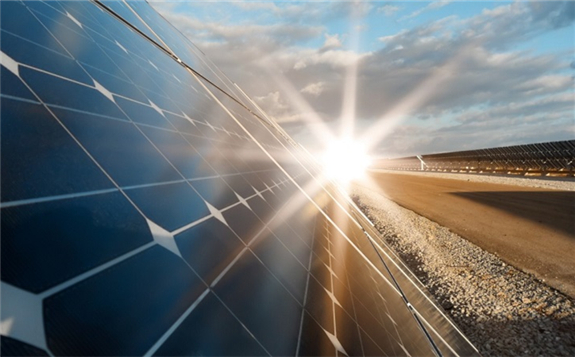German technology company Bosch has signed three long-term power purchase agreements (PPAs) for electricity generated by RWE, Statkraft, and Vattenfall.

From next year, the generation companies will deliver more than 100GWh of energy to Bosch. This will cover 70% of the annual electricity consumption at the Bosch site in Feuerbach, the equivalent of 30,000 private households.
The electricity from the suppliers’ subsidy-free photovoltaic parks will use Germany’s transmission grid as a connection. The three PPAs allow Bosch facilities in the country to increase the share of renewables in their energy consumption.
Bosch will purchase 50MW of capacity from RWE under the terms of its 16-year agreement. This will come from several of RWE’s new farms in southern Germany as well as other providers.
RWE is expects to begin its supply shortly, as all its solar farms are slated for commissioning next year. An RWE spokesperson said the PPA will help it build solar power facilities and avoid reliance on subsidies from the German Renewable Energy Act.
Elsewhere, Statkraft will supply nearly 570GWh to Bosch’s supply production and administrative sites under the 12-year PPA. This will be supplied by nine solar parks located in Bavaria, with a total installed capacity of 47MW.
Statkraft finalised PPA deals for these solar facilities with the developer and asset owner Enerparc last year.
The third Bosch PPA was signed with Vattenfall, lasting 12 years. Vattenfall will supply clean electricity from a 10MW solar park planned for the Mecklenburg-Western Pomerania region, in north-eastern Germany.
A statement from Bosch said it has plans to expand its in-house power generation at its locations. With these initiatives, a company spokesperson said it aims to become a long-term customer for renewable electricity from new wind and solar parks.
Bosch Group CEO Volkmar Denner said: “Climate change isn’t taking a break, so neither are we. By the end of the year, we will achieve our ambitious goal of no longer leaving a carbon footprint.
“Our efforts for the energy transition will continue after 2020. Investing in renewables is an important testament to this.”